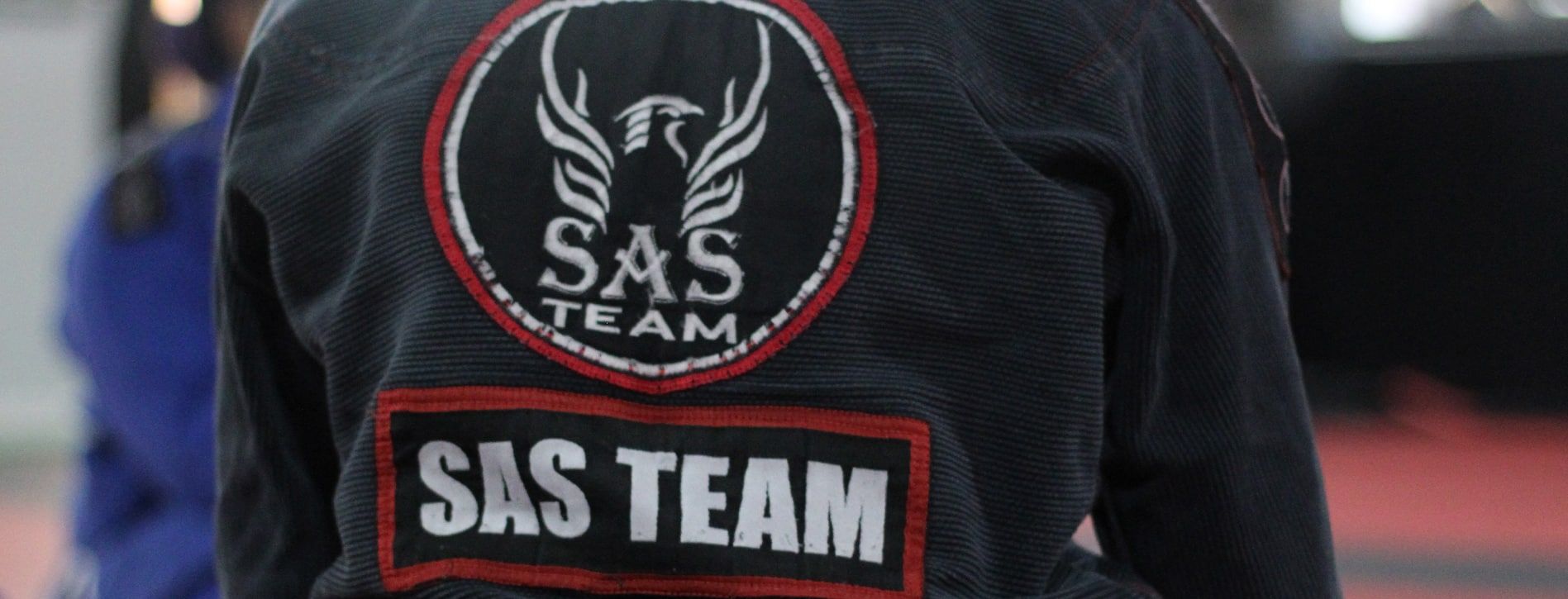Do you think that you must train every day to make the most progress in your Brazilian Jiu-Jitsu training? To determine the ideal frequency of Jiu Jitsu training for you, consider your fitness level, goals, recovery time, and your daily responsibilities.
Table of Contents
ToggleYour Fitness Level
If you want to determine the frequency of your BJJ training based on your fitness level, consider the factors that play a role in maximizing your progress.
– Starting point:
Assess your current fitness level and how it aligns with the demands of Jiu Jitsu. Evaluate your strength, endurance, flexibility, and overall athleticism.
– Progression rate:
Understand how quickly you’re improving in BJJ. If you’re progressing rapidly, you may need more frequent training sessions to continue your development.
– Time commitment:
Determine how much time you can dedicate to Brazilian Jiu Jitsu training. Consider your other commitments and responsibilities to find a realistic training frequency.
– Adaptation period:
Take into account the time needed for your body to adapt to the physical demands of BJJ. Gradually increase your training frequency to prevent overtraining and injuries.
– Injury risk:
Consider the risk of injuries associated with BJJ. If you’re prone to injuries or have a history of them, you may need to adjust your training frequency to allow for adequate recovery.
Your Goals
Consider the long-term goals you have for your BJJ journey. Are you aiming to compete at a high level or simply looking to improve your skills for self-defense? This will help you determine the level of commitment and frequency of training needed.
It’s also important to find a balance between consistency and intensity. While training often is good for progress, overtraining can lead to burnout and injuries. By finding the right frequency that works for you, you can maximize your progress while still maintaining a well-rounded lifestyle.
Recovery Time
Finding the right frequency of BJJ training depends on several factors that determine your recovery time. To ensure maximum progress, it’s important to prioritize rest days in your training schedule. Here are some key factors to consider:
– Importance of rest days:
Giving your body time to recover is crucial for muscle repair and growth.
– Balancing training intensity:
Pushing yourself too hard without enough recovery time can lead to overtraining and injury.
– Nutrition for recovery:
Consuming a balanced diet with adequate protein, carbohydrates, and hydration can support muscle recovery.
– Preventing overtraining:
Pay attention to signs of fatigue, decreased performance, and constant soreness, and adjust your training accordingly.
– Stretching and mobility:
Incorporate regular stretching and mobility exercises to improve flexibility, prevent muscle imbalances, and reduce the risk of injuries.
Life Responsabilities
Consider your commitments and obligations outside of BJJ to determine the frequency of your training. Achieving a work-life balance is crucial for overall well-being, and finding time for BJJ training is a part of that equation. It’s important to prioritize your responsibilities and set boundaries to ensure that you have enough time for both work and training.
Understanding Your Body’s Limits
To achieve optimal progress in your BJJ training, it’s important to tailor your training schedule according to the limits of your body. Understanding your body’s limitations is crucial for injury prevention and long-term progress.
Here are some key points to consider when planning your training schedule:
– Training Intensity:
Adjust the intensity of your BJJ sessions based on your fitness level and recovery ability. Gradually increase the intensity over time to avoid overexertion.
– Injury Prevention:
Incorporate rest days into your schedule to allow your body to recover and repair. This will help prevent overuse injuries and promote overall physical well-being.
– Listen to your Body:
Pay attention to any signs of fatigue, pain, or discomfort. Adjust your training schedule accordingly to avoid pushing your body beyond its limits.
– Varied Workouts:
Include a mix of BJJ training, strength training, and flexibility exercises to develop a well-rounded skill set and promote overall fitness.
Consider Your Lifestyle
Consider your job, family obligations, and other responsibilities when planning your schedule. Effective time management is key to maintaining consistency in your training. Determine the best times during the week when you can commit to BJJ sessions without conflicting with other commitments.
Remember, it’s better to train consistently on fewer days than to cram in too many sessions and risk burnout or neglecting other areas of your life.
BJJ Training: Consider Quality Over Quantity
Tailor your BJJ training schedule for optimal progress by focusing on quality over quantity. While it may be tempting to train as much as possible, it’s important to find a balance that works for you. Here are some key factors to consider when designing your training schedule:
– Training intensity:
It’s not just about the number of training sessions, but also the quality of each session. Push yourself during training, focusing on technique, drills, and sparring, to make the most of your time on the mats.
– Injury prevention:
Don’t overdo it. Make sure to include rest days in your schedule to allow your body to recover and prevent injuries. Listen to your body and take breaks when needed.
– Rest days:
Rest is crucial for progress. Allow your body and mind to rest and recover, so you can come back stronger and more motivated.
– Training partners:
Seek out training partners who challenge you, but also prioritize safety and respect. Training with different partners will expose you to different styles and techniques, helping you improve your overall game.
Spartan Academy MMA
At Spartan Academy MMA, you can achieve maximum progress in your BJJ training by consistently attending classes. Spartan Academy offers a BJJ Fundamentals class, which is where your training will begin.
BJJ offers a multitude of benefits, including improved physical fitness, enhanced self-defense skills, and increased mental discipline. The training intensity at Spartan Academy is designed to challenge you and push you to your limits, allowing for continuous growth and improvement.
Frequently Asked Questions
How Long Should I Rest Between BJJ Training Sessions?
To maximize progress in BJJ, it’s important to rest duration between training sessions. Rest allows your body to recover from the intensity of training. Explore different recovery times and method to find what works best for you.
Can I Still Make Progress if I Only Train BJJ Once a Week?
To make progress with limited training, focus on optimizing your training frequency and intensity. Although training once a week can still yield progress, consider incorporating strategies like drilling at home or supplementing with strength and conditioning workouts.
What Are Some Signs of Overtraining in Jiu Jitsu?
Warning signs of overtraining in BJJ include decreased performance and mental exhaustion. To prevent overtraining, incorporate recovery strategies like rest days and proper nutrition. Listen to your body and find a balance for maximum progress.





